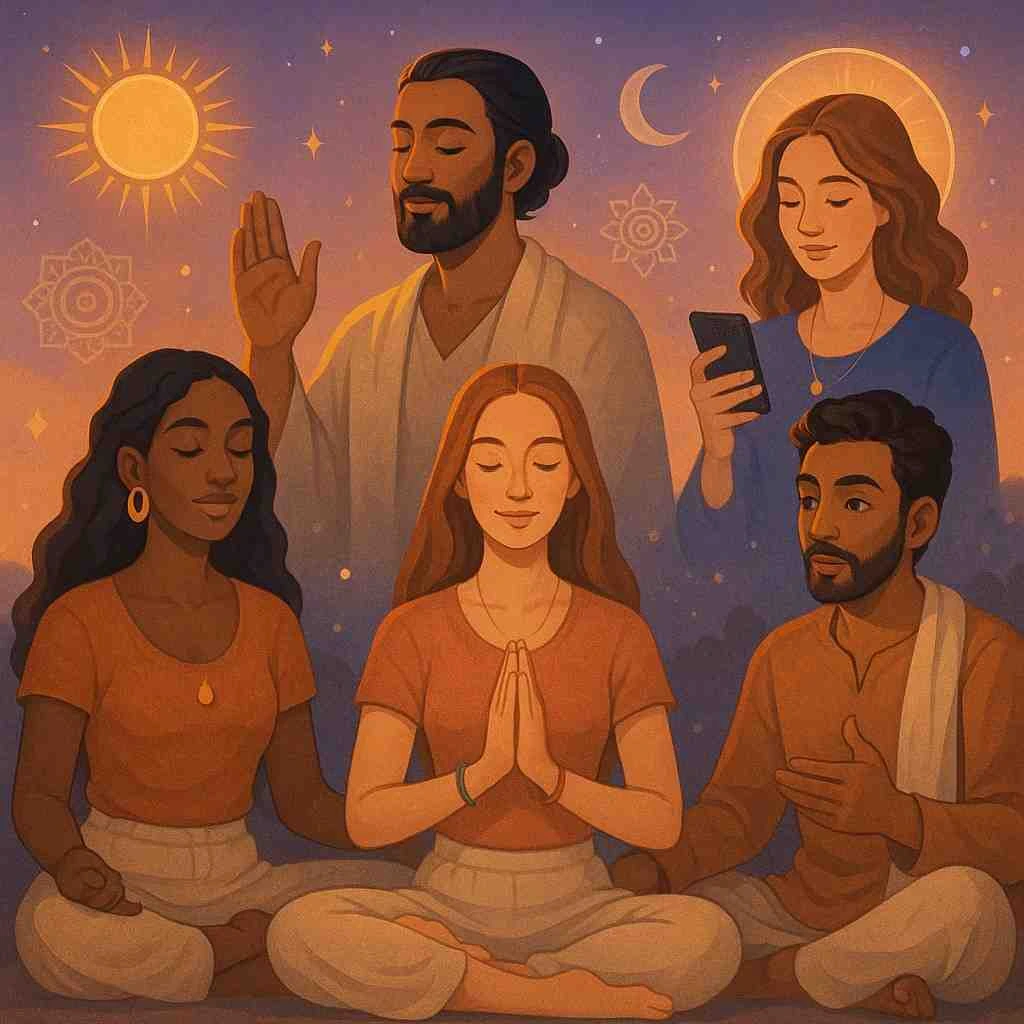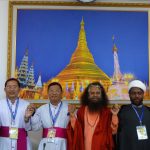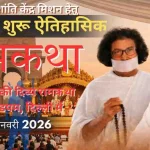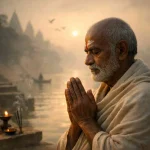The New Age of Faith Mentors: Rise of Spiritual Influencers and Digital Gurus
In the age of social media, spirituality has found a new voice — not in temples, mosques, or churches, but on YouTube, Instagram, and podcasts. The once-personal journey of faith is now being broadcast globally by a new generation of spiritual influencers and digital gurus. These modern-day mentors blend ancient wisdom with digital storytelling, guiding millions of followers seeking peace, purpose, and positivity in a chaotic world.
The Evolution of Spiritual Leadership
Traditionally, spiritual teachings were shared in ashrams, monasteries, or community gatherings, where seekers learned directly from enlightened masters. Today, that space has expanded into the digital realm. Spiritual mentors now use reels, vlogs, and online sessions to spread messages of mindfulness, meditation, and moral clarity.
The digital transformation of spirituality was accelerated by the pandemic, when people turned online to find emotional balance amid uncertainty. As a result, spiritual voices that once echoed in small gatherings suddenly reached global audiences. From yoga teachers streaming live classes to monks hosting podcasts on inner peace, digital spirituality became both accessible and inclusive.
Who Are the Digital Gurus?
Digital gurus are not limited to traditional saints or religious teachers. They include life coaches, wellness experts, monks, psychologists, and even young creators who blend faith with modern life. Their teachings often combine ancient philosophies like Vedanta, Buddhism, or Sufism with practical self-help advice — on topics such as relationships, mental health, and work-life balance.
For instance, an Instagram reel on “letting go of anger” may be inspired by Buddhist thought, while a podcast about manifesting positivity may echo Vedic wisdom. These influencers often package age-old teachings in short, relatable formats, making them easy to understand for a generation that consumes spirituality in seconds rather than hours.
The Appeal of Digital Spirituality
So why are millions drawn to online faith mentors? The answer lies in the accessibility and relatability they offer. Traditional institutions sometimes feel rigid or outdated to younger audiences, but digital gurus speak their language — simple, honest, and emotionally real. They make spirituality approachable, free from religious boundaries or strict rituals.
Many followers also find comfort in the sense of community that digital spirituality builds. Comment sections, live chats, and online meditation circles allow people across the world to share their struggles and experiences. In a way, the “digital satsang” has replaced the physical gathering, keeping alive the same spirit of collective growth and healing.
The Fine Line Between Guidance and Glamour
Yet, the rise of spiritual influencers is not without controversy. When spirituality meets social media, the focus can sometimes shift from substance to style. Some influencers risk turning sacred wisdom into a brand — selling merchandise, courses, or retreats with hefty price tags.
This commercialization raises important ethical questions. Is spirituality still authentic when it becomes a business? Are followers seeking true guidance or just comfort in motivational content? Critics argue that some “digital gurus” simplify complex philosophies into catchy slogans, losing depth in the pursuit of followers and fame.
At the same time, others defend this trend, saying that reaching millions through digital means is itself a form of service. If a short motivational clip can uplift someone’s day or reduce anxiety, then perhaps technology is serving its higher purpose. The key lies in intent — whether the message aims to enlighten or merely to entertain.
The Global Impact of Online Spirituality
Across cultures, digital spirituality has fostered a new global awareness of interconnectedness. Western audiences are exploring Eastern meditation techniques, while Indian youth are rediscovering their own spiritual heritage through modern voices. Online platforms have blurred the boundaries between religions, promoting a universal idea of mindfulness and compassion.
Social media also gives space to lesser-heard spiritual voices — women monks, young teachers, and interfaith leaders who once had limited reach. This diversity enriches the spiritual conversation and makes it more inclusive than ever before.
The Future of Digital Faith
The digital guru movement shows no sign of slowing down. In fact, as artificial intelligence and virtual reality evolve, the next wave of spirituality may become even more immersive — virtual temples, AI-guided meditations, and personalized spiritual coaching may soon be the norm.
However, amidst this rapid change, the essence of spirituality must remain unchanged — compassion, awareness, and self-discovery. Technology can amplify these values, but it should never replace the inner journey itself. The rise of spiritual influencers marks a fascinating chapter in humanity’s search for meaning. In a fast-paced, digital-first world, they serve as beacons of calm and reflection. Yet, the challenge remains: to ensure that spirituality in the digital age stays authentic, humble, and rooted in truth — not lost in trends and algorithms.
~Religion World Bureau










